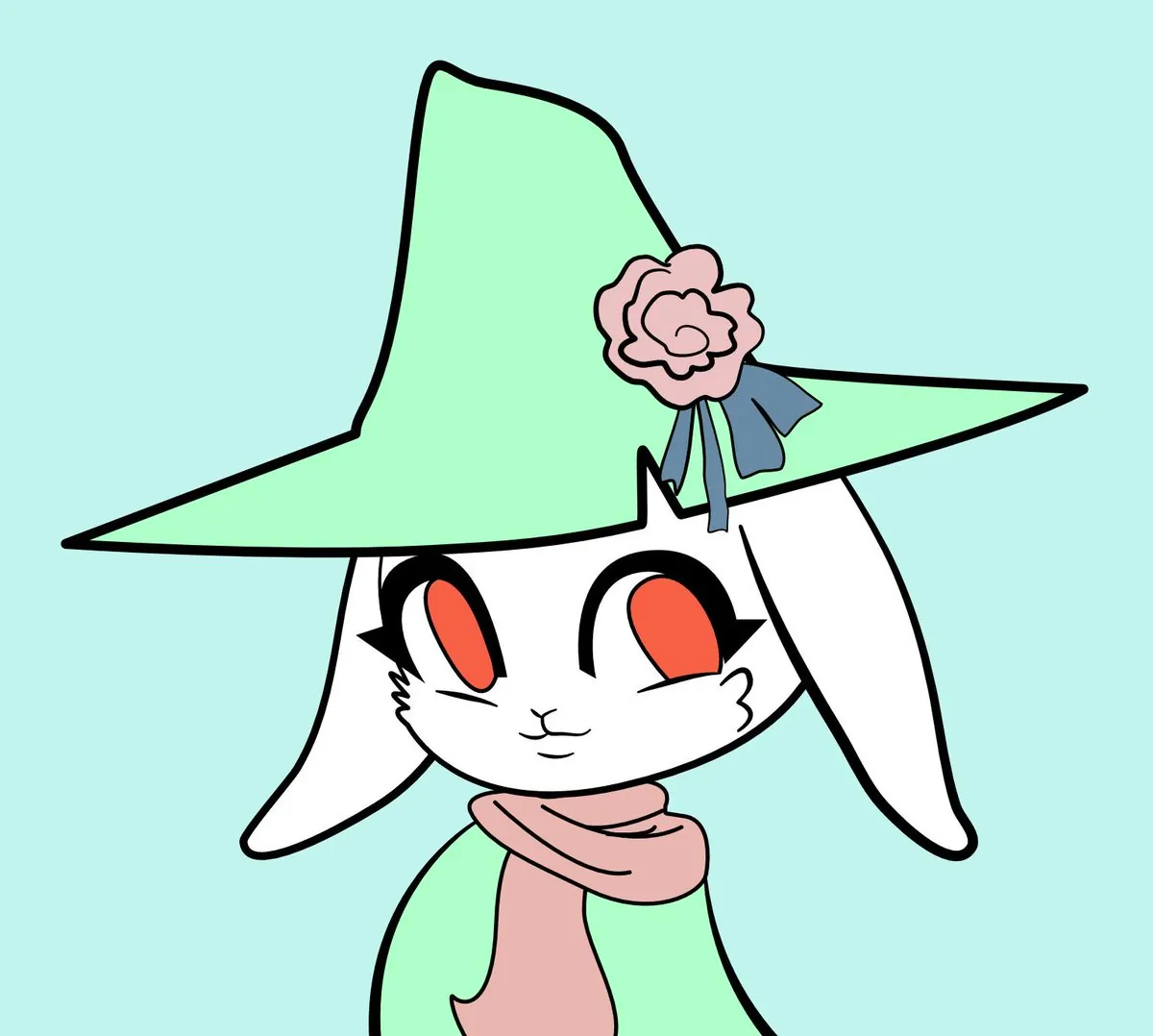Not sure whether I'm allowed to post top-level discussion threads now that we're on the new site (yay new site!) but I'm giving it a whirl since this isn't CW. I want to share a very interesting essay about sorcery in hunter-gatherer societies. An excerpt to whet your appetite:
Sorcery beliefs can exist as a key component of interpersonal or intergroup conflict. Of the Azande farmers of north central Africa, anthropologist E.E. Evans-Pritchard notes that, “Death is due to witchcraft and must be avenged. All other practices connected with witchcraft are epitomized in the action of vengeance.” For the Yanomami forager-horticulturalists of the Amazon, Napoleon Chagnon says that, “New wars usually develop when charges of sorcery are leveled against the members of a different group.”
Accusations of sorcery can be both a cause of, and response to, conflict. Stewart and Strathern note that, in many cases, “While the witch or sorcerer is seen as the source of evil or wrong doing, it is the accusers who can be seen as playing the aggressive role.” They add that, “Rumor and gossip form the substratum from which accusations of sorcery or witchcraft may be made.” While the sorcerer is ostensibly a figure of great power, the accusation itself can contain far more hostile magic, as it may impel the group to engage in violent sanctioning of the putative magician. In The Scapegoat (1986), anthropologist René Girard writes that, “Magical thought seeks “a significant cause on the level of social relations,” in other words a human being, a victim, a scapegoat.” Girard adds that, “Those who are suffering are not interested in natural causes. Only magic makes “corrective intervention" possible, and everyone eagerly seeks a magician who can put things right.”
Accusations of improper sorcery can be used tactically by individuals to punish those they’re in conflict with, or to benefit themselves. Knauft notes that, “The opinion of spirits during all-night séances has been especially influential for finding and interpreting “evidence” of sorcery. Though spirit mediums should be neutral parties, the outcome of the sorcery inquest may benefit the spirit medium who conducts them.” Knauft tells the story of a spirit medium named Swamin, who redirected sorcery suspicions away from an accused woman named Sialim, and months later took her as his wife. Swamin had previously identified Sialim’s own mother, Mokoyl, as the alleged sorcerer responsible for killing his first wife, and he executed Mokoyl himself.
Among the Gebusi, individuals from families who fail to follow socially prescribed marriage exchanges were often accused of sorcery. Knauft writes that, “In this sense sorcery homicide is ultimately about male control of marriageable women. However, these statistically significant factors are neither publicly nor privately recognized by Gebusi as a cause of homicide against sorcery suspects, even by the closest kin of those killed.” Anthropologists Neil Whitehead and Robin Wright also note the strategic element of sorcery allegations in the Amazon, writing that, “sorcery accusations may represent forms of discourse about tensions in intervillage and interethnic relations, and may be structured by the idiom of kinship (consanguinity and affinity) and village hierarchy.”
The more things change, the more they stay the same! I saw Goody Such-and-Such with the devil...


Jump in the discussion.
No email address required.
Notes -
His (@evolving_moloch on twitter) whole blog is great.
He has a substack now: https://traditionsofconflict.substack.com/p/devotion (this particular article is about primitive ritual torture)
I love everything Will writes, his subject matter is utterly fascinating and he's so evenhanded. The Substack is awesome, I should pony up and pay him.
More options
Context Copy link
More options
Context Copy link